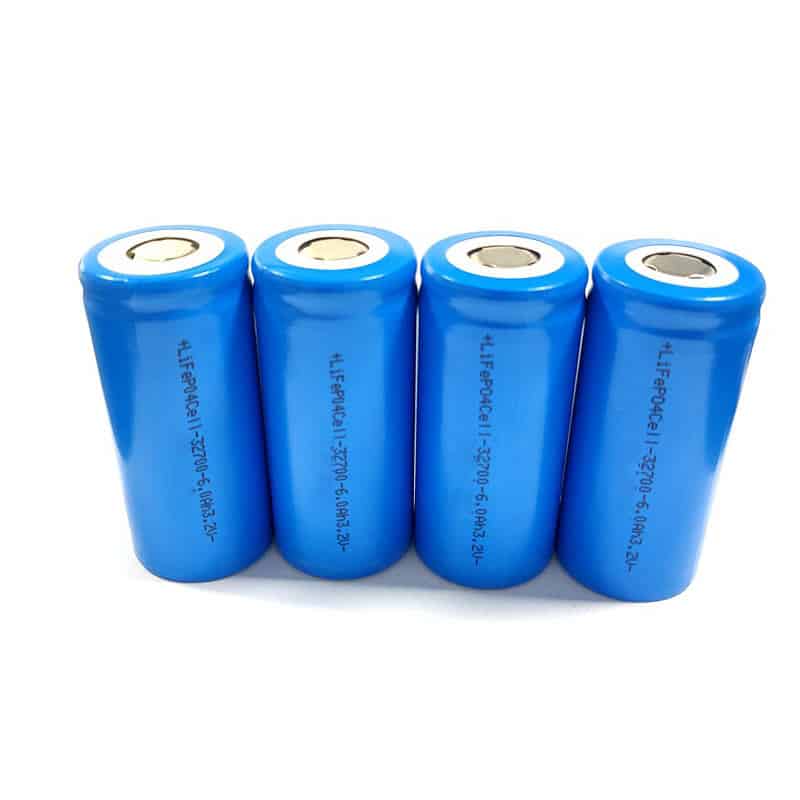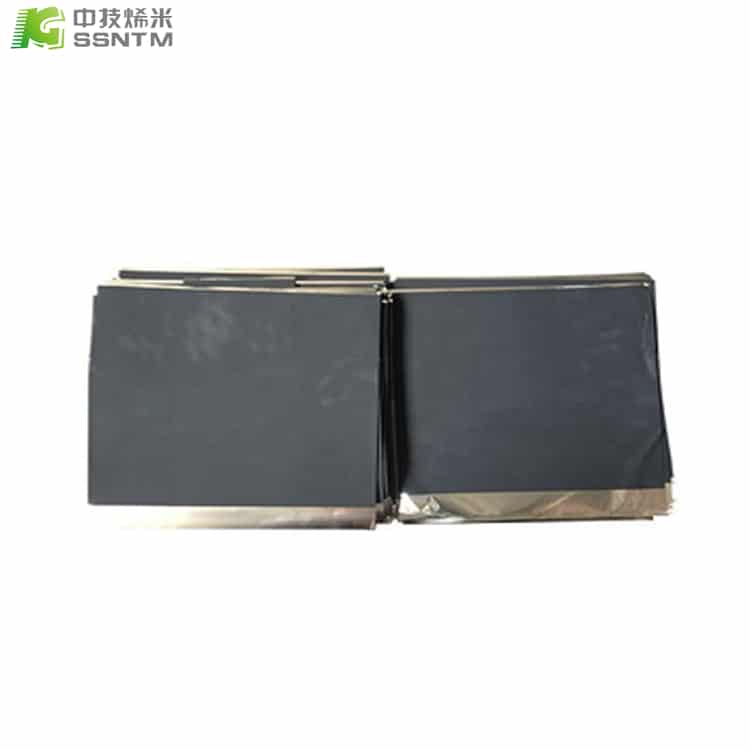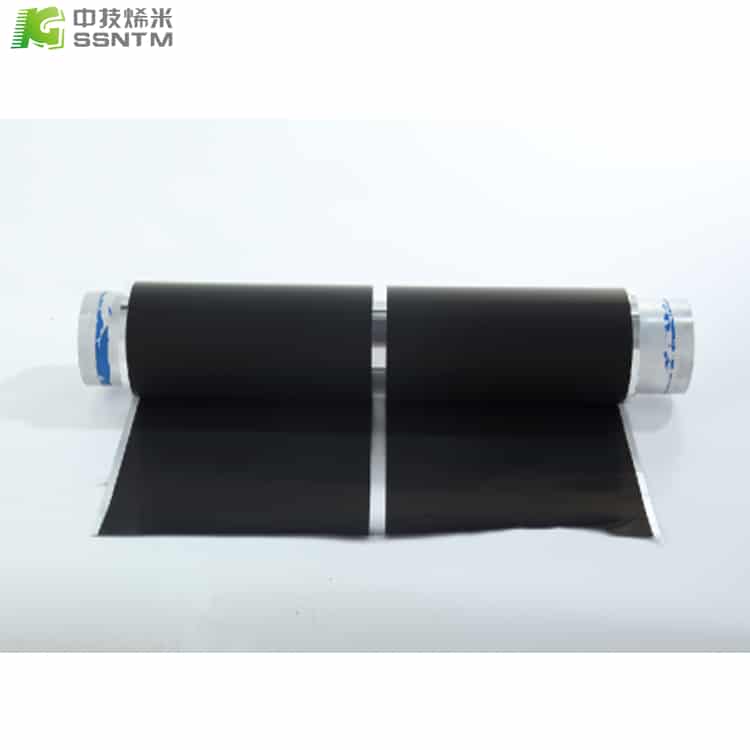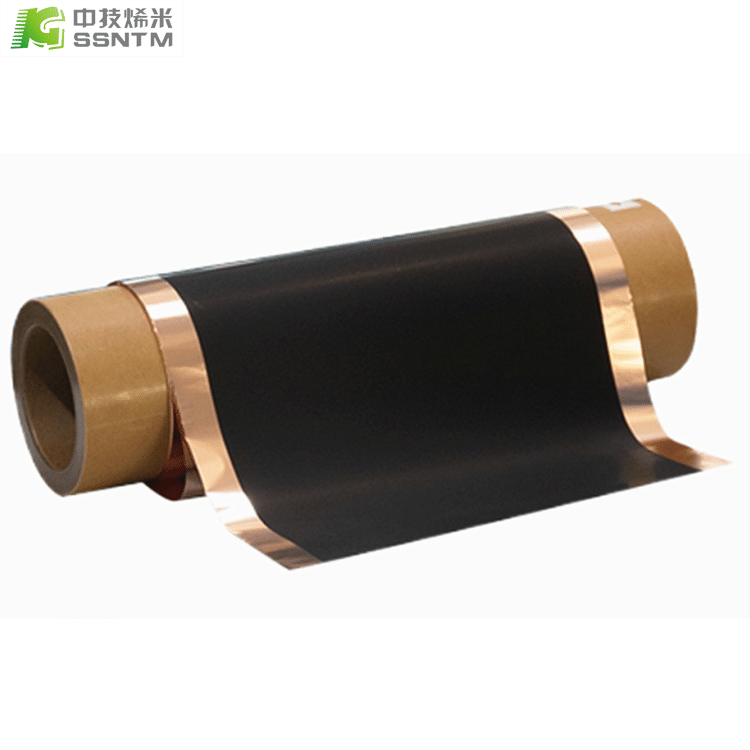At 18:40 Beijing time on June 14, 2023, the European Parliament passed the new EU Battery Regulation with 587 votes in favor, 9 votes against and 20 abstentions. According to the normal legislative process, this regulation will be published in the European Official Journal and will take effect after 20 days.
China’s lithium battery exports are growing rapidly, while Europe is the main battleground. Of course, there are already many lithium battery factories in China in various regions of Europe.
To avoid risks, it is necessary to have a deep understanding and operate within the new EU battery regulations.
Key measures planned for the new EU battery regulation include
– Mandatory carbon footprint declaration and labeling for electric vehicle (EV) batteries, light vehicle batteries (LMT, such as scooters and electric bicycles) and industrial rechargeable batteries with a capacity greater than 2 kWh;

– Design portable batteries that are easy for consumers to disassemble and replace;
– Digital battery passports for LMT batteries, industrial batteries with a capacity greater than 2 kWh, and electric vehicle batteries;
– Implementing due diligence for all economic operators except small and medium enterprises;
– Stricter waste collection targets: for portable batteries -45% by 2023, 63% by 2027 and 73% by 2030; for LMT batteries -51% by 2028 and 61% by 2031;
– Minimum material recovery from battery waste: Lithium -50% by 2027 and 80% by 2031; Cobalt, Copper, Lead and Nickel -90% by 2027 and 95% by 2031;
– Minimum levels of recycling from manufacturing and consumer waste for new batteries: eight years after effective date – cobalt 16%, lead 85%, lithium 6%, nickel 6%; after 13 years: cobalt 26%, lead 85%, lithium 12%, nickel 15%.
From the above content, it can be seen that Chinese enterprises, which are at the forefront of the world, have little difficulty in complying with this regulation.
It is worth mentioning that “portable batteries designed for easy disassembly and replacement by consumers” may mean that previous household energy storage batteries can be designed for easy disassembly and replacement. Similarly, cell phone batteries may again be designed for easy disassembly and replacement.





